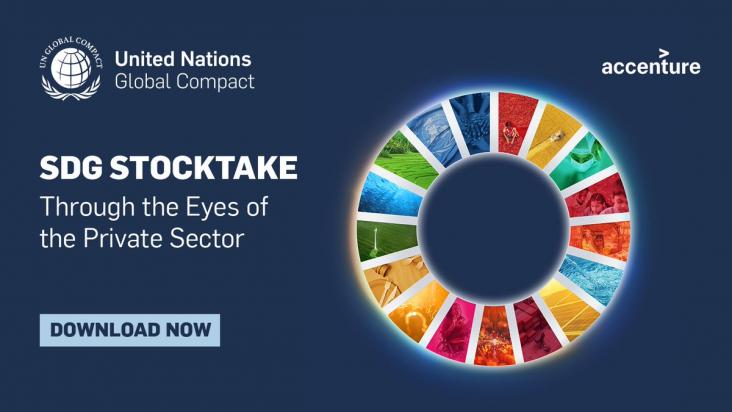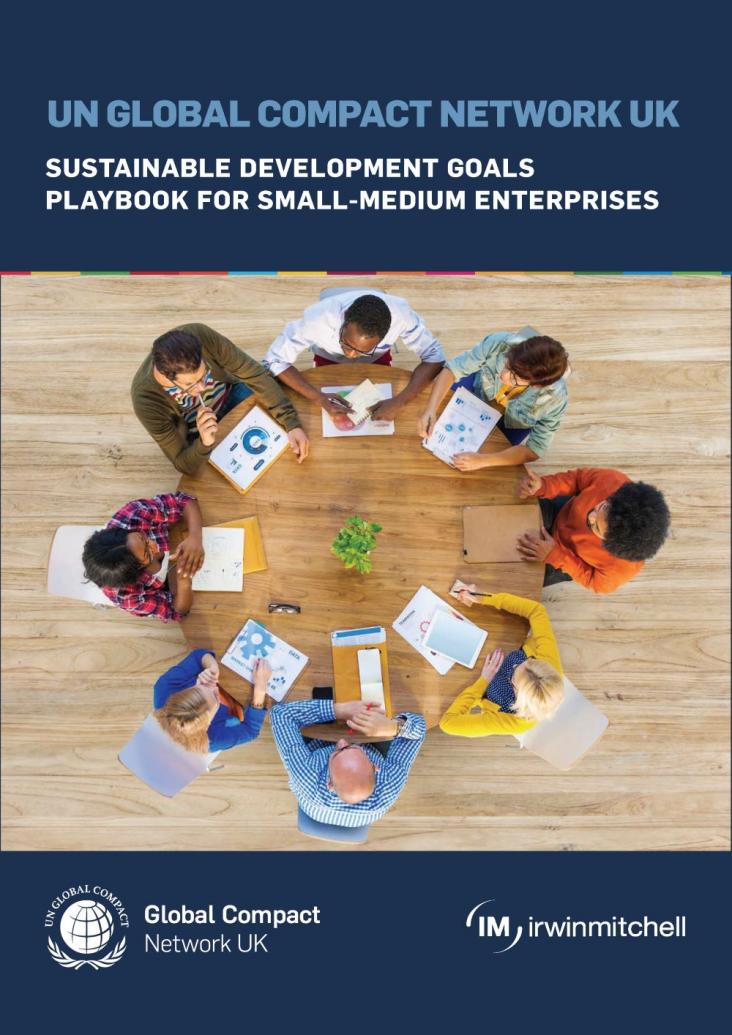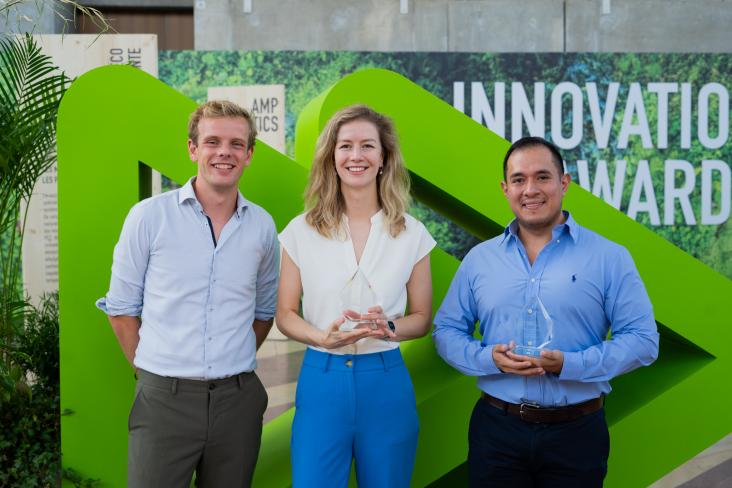This study supports SDG 3, 6, and 16 by providing a comprehensive quantitative analysis of the association between conflict and the incidence of cholera in Yemen, highlighting how conflict-related destruction has compounded water, sanitation, and hygiene issues in Yemen.
Advanced energy harvesting techniques are examined for self-sustainable Internet of Things (IoT) devices. This study covers layered architecture design, power requirements at various levels, energy sources, transducers, trackers, storage methods, and optimization strategies for efficient energy utilization.
This chapter aligns with Goals 6, 9 and 11 by detailing remote sensing for environmental considerations, water resource management, land use changes on urban heat islands, urban growth modeling and ecological monitoring

The United Nations Global Compact-Accenture Global Private Sector Stock take report report offers an appraisal of private sector contributions to the SDGs so far and outlines a clear pathway for private sector action over the next seven years.
Elsevier,
Mafi-Gholami, Jaafari, Drought mapping, modeling, and remote sensing, Editor(s): Salim Lamine, Prashant K. Srivastava, Ahmed Kayad, Francisco Muñoz-Arriola, Prem Chandra Pandey; Remote Sensing of Soil and Land Surface Processes: Monitoring, Mapping, and Modeling, Elsevier, 2023, ISBN 9780323910682, https://doi.org/10.1016/B978-0-443-15341-9.00005-8
This chapter aligns with SDG 6 by showing applications of mapping various data sources such as rainfall, temperature, soil moisture, and vegetation cover, based on several drought indices. The utilization of these maps can aid in the identification of drought-affected regions and, subsequently, prioritize the allocation of water resources accordingly.
The annual UN Climate Change Conference advances climate talks, mobilizes action, and can provide a significant opportunity to look at the impacts of climate change as well as innovation and solutions globally. Elsevier is pleased to highlight a large number of freely accessible journal articles and book chapters to help advance research and action against climate change, in support of COP28.

The UN Global Compact Network UK, in partnership with Irwin Mitchell, has developed the SDG Playbook for SMEs: a step-by-step guide to help smaller companies unlock the competitive advantages associated with embracing the Sustainable Development Goals.

RELX, a global provider of information-based analytics and decision tools for professional and business customers, has announced the winners of the 2023 RELX Environmental Challenge, which supports innovative solutions to advance SDG 6 Clean water and sanitation.
This paper provides the most recent and accurate quantitative and qualitative assessment of available water resources and demands in the GCC countries.

